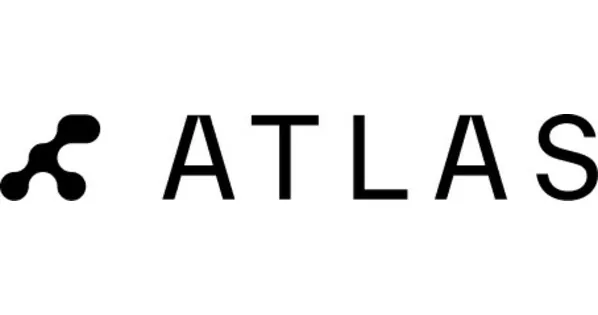
How to Cultivate a More Compassionate AI and Keep It Away from Silicon Valley Madness
2025-07-25
Author: Ming
A Call for Compassionate AI Development
At the recent Fortune Brainstorm AI conference in Singapore, experts passionately advocated for a more compassionate and broad-minded approach to artificial intelligence. Anthea Roberts, founder of Dragonfly Thinking, emphasized that AI should be designed to "think better" rather than merely faster or cheaper.
Roberts pointed out that both humans and AI models often struggle with a limited perspective—humans might be tied to their disciplines or national viewpoints, while AI can fall into a "centrist approach." By fostering collaboration between human expertise and AI capabilities, she argues, we can broaden our policymaking horizons and enhance our chances for success.
AI: A Force for Change—But Who's Steering the Ship?
Russell Wald, executive director of the Stanford Institute for Human-Centered AI, described artificial intelligence as a "civilization-changing technology". He underscored the importance of a collaborative ecosystem that includes academia, civil society, government, and industry to guide its development.
Wald insisted that industry should take the lead, but academia also plays a crucial role in shaping future AI leaders and encouraging transparency in research.
Confronting the AI Skepticism
Despite the skyrocketing integration of AI into various sectors, skepticism remains. Critics cite AI's tendency to produce bizarre, sometimes offensive, outputs. Roberts categorized the public's response into two distinct factions: the "uncritical users"—those who embrace AI without hesitation—and the "critical non-users," who are wary about issues like bias and lack of transparency.
"I challenge those beyond the Silicon Valley 'tech bros' to contribute to shaping how we utilize these technologies," Roberts urged.
Learning Humanity Through AI
Wald shared insights from his institute’s journey into AI training, emphasizing the need to capture the best elements of humanity while avoiding the pitfalls—like that unpredictable relative at Thanksgiving. Both experts highlighted that it’s vital to get AI right, given the monumental benefits it promises for society.
Roberts summarized the imperative well: “We must focus not only on what people instinctively desire but also on what they genuinely aspire to achieve—fostering their higher, altruistic instincts.”





 Brasil (PT)
Brasil (PT)
 Canada (EN)
Canada (EN)
 Chile (ES)
Chile (ES)
 Česko (CS)
Česko (CS)
 대한민국 (KO)
대한민국 (KO)
 España (ES)
España (ES)
 France (FR)
France (FR)
 Hong Kong (EN)
Hong Kong (EN)
 Italia (IT)
Italia (IT)
 日本 (JA)
日本 (JA)
 Magyarország (HU)
Magyarország (HU)
 Norge (NO)
Norge (NO)
 Polska (PL)
Polska (PL)
 Schweiz (DE)
Schweiz (DE)
 Singapore (EN)
Singapore (EN)
 Sverige (SV)
Sverige (SV)
 Suomi (FI)
Suomi (FI)
 Türkiye (TR)
Türkiye (TR)
 الإمارات العربية المتحدة (AR)
الإمارات العربية المتحدة (AR)